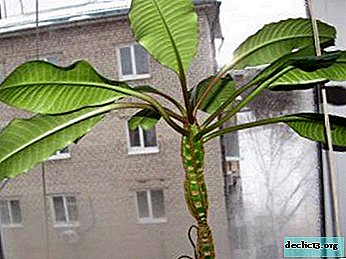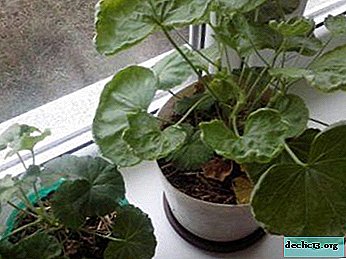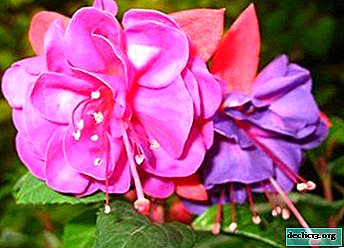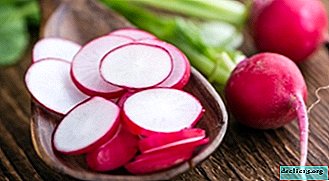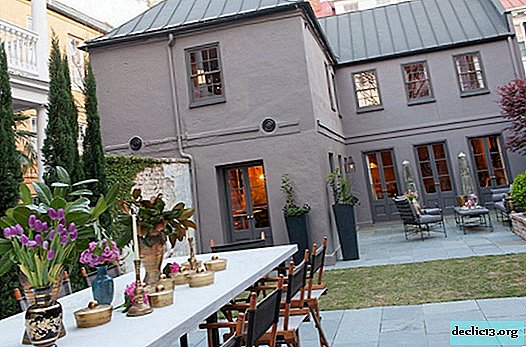How to store Jerusalem artichoke? How to make the fruits of earthen pears stay fresh longer?
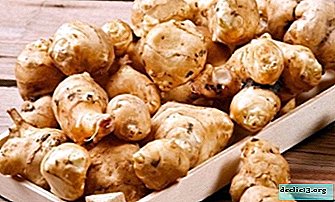
Jerusalem artichoke, or earthen pear, can be used for food and medicinal purposes.
The average duration of the diet in the refrigerator is 2-3 weeks.
Depending on the conditions in which to place the product, you can increase the time to one year, while retaining all the nutrients.
When can I dig an earthen pear?
Earthen pear is stable, tolerates cold. She feels good in the ground until the end of autumn. Jerusalem artichoke tolerates frosts up to -20 degrees, the taste and appearance resembles potatoes. To preserve the tubers until spring, just close the bed with grass.If you need to use only half, and leave the other half in the ground, then the stems are cut off before the onset of frost. You need to leave 20 cm. The tubers need to be dug up in a few weeks. If the pear remained in the ground until spring, it needs to be dug up until the ground has warmed up, otherwise the tubers will sprout, and it will lose its juiciness and taste.
The importance of temperature compliance
Each of the ways of storing the product has its own characteristics. It is important to pay attention to the ratio of temperature and humidity. An earthen pear does not tolerate heat and direct sunlight - they kill tubers. A lack of moisture will dry the fruit.
How to store in winter and at other times of the year?
For an earthen pear, it does not matter when the crop was harvested - in the spring or in the fall. The season does not affect the duration of storage of the fruit. Jerusalem artichoke is stored for a relatively short time - about a month, after which it spoils and loses useful properties. To keep it longer, you can use drying or freezing. Best of all - leave the pear in the ground and collect as you eat.
How to keep a vegetable at home and outdoors?
The optimal temperature values for storing earthen pears range from -5- + 4 degrees. At elevated temperatures, the fruits wither and lose beneficial substances, they tolerate low temperatures normally. The easiest way to store is to rinse, dry, put in a bag and place in the refrigerator. So the product will last 2-3 weeks, but this is not the only way.
In the cellar
 Jerusalem artichoke can be stored in the cellar; for this, the place where carrots are stored is used. To use the cellar you need:
Jerusalem artichoke can be stored in the cellar; for this, the place where carrots are stored is used. To use the cellar you need:
- Sprinkle the storage place with sand, place Jerusalem artichoke, without sharing fruits among themselves.
- Place the fruits in a container without shaking the ground.
- Place the pear in plastic or wood crates.
- Cover the boxes with moss, sawdust, or peat.
- Lubricate the tubers with clay and allow to dry, place in a bag and tie tightly so that as little air as possible remains.
- Put the pear in bags of ground.
- Treat each of the roots with melted paraffin.
- When the fruits have dried, put them in the cellar.
How you store the earthen pear depends on how useful it is. The temperature in the cellar should not be higher than +5 degrees, so that the fruits do not rot, you can not place a pear next to potatoes and beets. The cellar will ensure the safety of the pear for a month.
How to freeze in a freezer at home?
Peel, chop, or grate the fruits. After that, put in a plastic container or plastic bag. The freezer will keep the product fresh for three months.
In dried form
There are three ways to dry Jerusalem artichoke at home:
- Outdoors: cut the pear into slices, lay it on a tray; place the tray in the shade for 2-3 days, after covering it with gauze to protect the fruits from flies.
- In the oven: cook the fruits, peel and cut into slices. Pour water into a stewpan, add salt, bring to a boil, add a teaspoon of soda. Dip the pear into the water for ten minutes, strain and cool. Preheat oven to 50 degrees, place slices of Jerusalem artichoke on a baking sheet, bake for three hours.
The fruits need to be mixed occasionally.
- In the electric dryer: place lattices with Jerusalem artichoke in several tiers and dry for four hours.
After drying, transfer the product to a clean container and transfer to a dark, dry place. Shelf life is 1 year.
Waxing
 Waxing preserves the juiciness of an earthen pear for longer.
Waxing preserves the juiciness of an earthen pear for longer.
The tubers do not tolerate high temperature, so the procedure is carried out quickly:
- Each of the tubers needs to be cleaned from the ground so that the skin is not damaged.
- After cleaning the dirt, the pear is dried.
- The fruits need to be dipped in paraffin and left to dry.
The room should have a low temperature to prevent overheating.
Natural shelter in the ground
This method is not suitable for cold regions, because the earth deeply freezes and it is difficult to dig a pear. Fruits should be covered with plywood, cardboard or grass. This can persist for the tubers until spring.
Trench method
The trench method is as close as possible to the natural conditions of germination of Jerusalem artichoke. It is suitable if there is not enough space in the freezer, but there is no cellar or balcony.
The trench is harvested in the fall, while the earth is soft. Its depth reaches 50 meters. The bottom should be covered with sawdust, or straw, laying there good, whole tubers. After that - fill it with earth, or sand, cover it with foil and fill it with a second layer of earth.
If rodents are found, place the poison next to the pear.
The trench method keeps Jerusalem artichoke until spring.
How to find out if the product is spoiled?
To understand that the pear is spoiled, color and smell will help:
- The fruits become dried and not juicy.
- Pear - turned black, and a pleasant “earthy” smell left.
- The spoiled product gives out the appeared mold.
- The frozen pear was covered with green and black spots.
- Fruits in packages were covered with fungal plaque.
Which of the following storage methods do you prefer? Write in the comments which recipe with Jerusalem artichoke you use most often in cooking and why.



